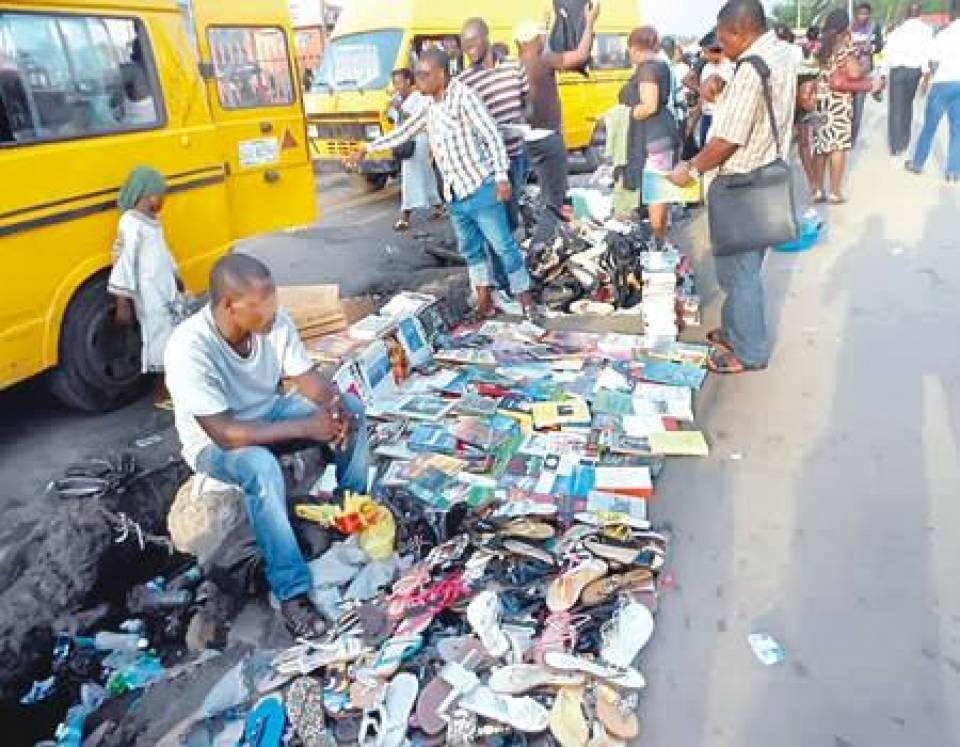This landmark decision aims to address the rising concerns over public safety, traffic congestion, and the preservation of vital infrastructure.
Led by the dynamic Commissioner for Environment, Mr. Tokunbo Wahab, the state government has assigned the Lagos State Environmental Sanitation Corps (commonly known as KAI) with the responsibility of ensuring strict compliance with the newly enforced environmental sanitation laws.
One of the primary reasons driving this ban is the need to curb the nefarious activities of hawkers who have increasingly resorted to disguising themselves as vendors while preying on unsuspecting motorists. These incidents of theft and robbery have not only threatened the safety of commuters but have also contributed to the disruption of traffic flow on major highways and streets.
Governor Babajide Sanwo-Olu's administration, with its T.H.E.M.E Plus Agenda, is exhibiting a zero-tolerance approach towards street trading, hawking, and other illicit practices. By intensifying efforts to enforce these regulations, the government aims to foster a more conducive and orderly business environment while addressing the concerns of the general public.
The ban extends to the construction of illegal structures on drainage systems, as they pose significant risks to the local water management infrastructure. Additionally, the prohibition encompasses the display of wares on walkways, a practice that not only obstructs pedestrian movement but also contributes to unsightly and cluttered public spaces.
Citizens and traders are urged to cooperate fully with the Lagos State Environmental Sanitation Corps, adhering to the newly implemented regulations in order to promote a more organized and hygienic society. The government's commitment to ensuring the health and safety of its residents remains resolute, and these measures signify a significant step towards achieving that goal.
As the Lagos State government takes proactive steps towards creating a cleaner, safer, and more sustainable urban environment, the hope is that this ban will not only elevate the quality of life for all residents but also serve as a model for other regions to follow suit.





